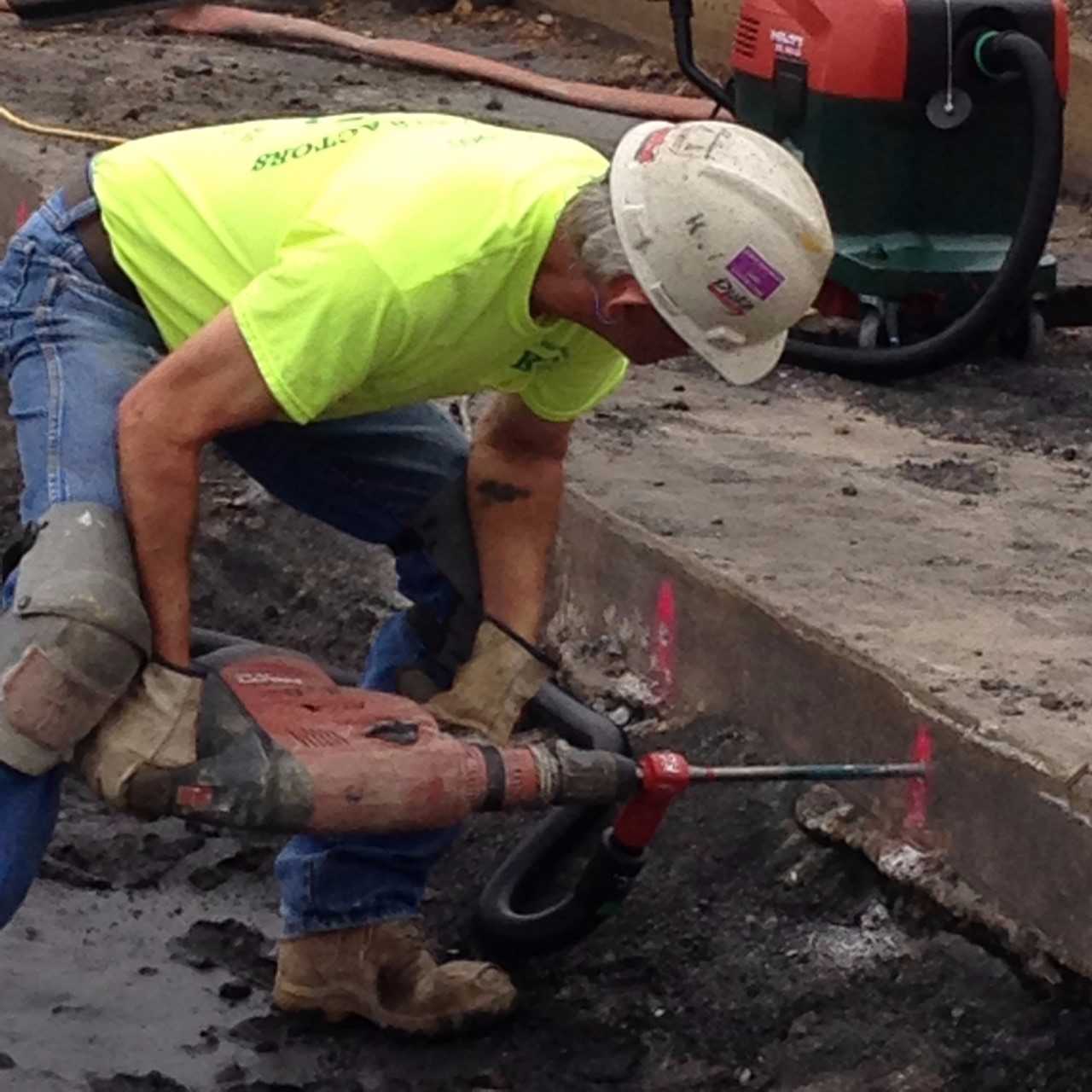Industrial Hygiene





The objective of an Industrial Hygiene program is to control various chemical, physical, biological and ergonomic agents in the occupational environment and to prevent adverse effects on workers and their community. The recognition, evaluation and control of these environmental factors, which may cause sickness, impaired health, or significant discomfort and inefficiency, are of primary importance.
Effective Industrial Hygiene program implementation requires evaluation of the magnitude of environmental stresses (chemical, physical, or biological) arising from the ambient occupational environment. The quantitative measurement of the different types of stress enables the Industrial Hygienist to render an expert opinion as to the general healthfulness of the environment.
In certain occupations, depending on the duration and severity of exposure, the work environment can produce significant subjective responses or strain. The energies and agents responsible for these effects are called environmental stresses. An employee is most often exposed to an intricate interplay of many stresses, not to a single environmental stress.
OSHA regulations are not limited to industrial settings, but also include ergonomic and indoor air quality considerations for office buildings and commercial businesses, hazard communication for all employees and a multitude of other work place applications. The purpose of an Industrial Hygiene program is to identify hazards in the work place, evaluate measures to protect workers and the public, identify potential engineering and management controls, provide written compliance plans and monitor plan implementation.
How Do You Choose an Industrial Hygienist?
It is essential that you choose an Industrial Hygienist with the experience and qualifications to handle the unique challenges that your specific situation may present. You should expect a reasoned approach to your situation rather than an alarmist. And you should receive recommendations based on solid evaluation and sound science. Knowing what to look for in choosing a competent Industrial Hygiene consultant requires small investment in time that will pay off significantly in reduced stress and better ensure that you receive professional services of the highest quality. We recommend asking the following questions:
- Do you currently have Professional Liability Insurance?
a. What amount?
b. With which company? - Which laboratory(s) do you utilize?
a. Is the Industrial Hygiene Lab Certified by the American Industrial Hygiene Association?
b. Is the microbiology laboratory certified as an American Industrial Hygiene Association Environmental Microbiology (EMLAP) Accredited Analytical Laboratory? - Previous Experience?
a. Number of Projects Completed?
b. Size of Projects?
c. Type of Projects? - Number of Training Courses?
a. Training Provider?
b. Number of Hours? - Number of Abatement Protocols Completed?
a. Size of Projects?
b. Are full specifications provided? - Does the firm have a Certified Industrial Hygienist (CIH) or a licensed Industrial Hygienist?
Certified Industrial Hygienist (CIH)
The designation of Certified Industrial Hygienist by the American Board of Industrial Hygiene (ABIH) identifies a person who has received special education, lengthy experience, and proven professional ability in the comprehensive practice of Industrial Hygiene. Industrial Hygiene is the anticipation, recognition, evaluation, and control of environmental factors or stresses, arising in and from the workplace, which may cause sickness, impaired health and well being, or significant discomfort and inefficiency among workers.
For Certification by the ABIH, an individual must meet rigorous standards of education and experience prior to proving, by written examination, competency in the comprehensive practice of Industrial Hygiene.
The need to control exposures from numerous chemicals and hazardous agents and to comply with OSHA regulations has brought about greater demand for Certified Industrial Hygienists. Certified Industrial Hygienists assume professional responsibility for the interpretation and development of conclusions for occupational and environmental investigations and for the design and implementation of control measures.
Certification assures that the individual will possess a high level of professional competence. The Certified Industrial Hygienist is the person to direct an Industrial Hygiene program, to work with other professions and governmental agencies, and to provide the vision and leadership to ensure that occupational hazards will be kept at a minimum in a changing technology and society.
